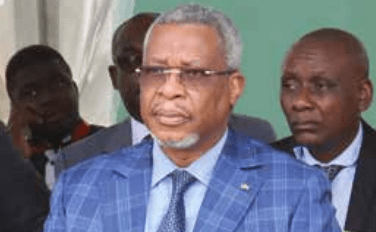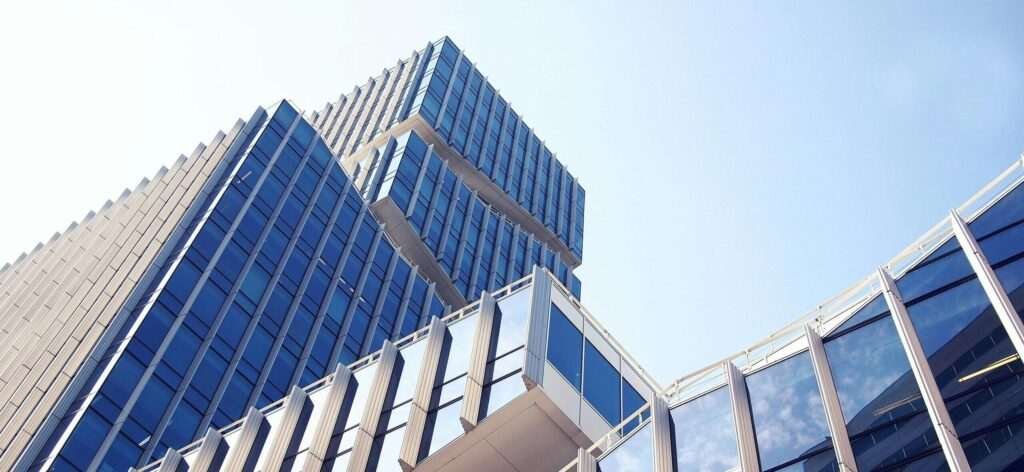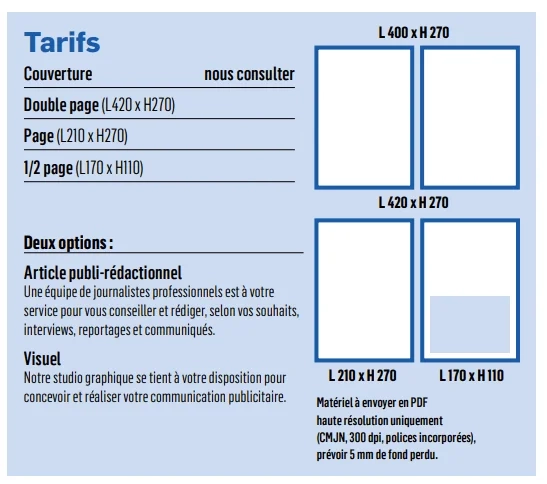
Interview with Charles Mve Ella, Minister of Agriculture and Food, since March 8, 2022, in charge of a flagship sector on which the President of the Republic is counting, not only to revive the economy, but also to achieve food self-sufficiency.
What is your roadmap according to the guidelines contained in the Transformation Acceleration Plan (PAT 2021-2023)?
Gabon relies heavily on imports to feed its population. This situation has an impact not only on food security but also on the trade balance and foreign exchange reserves.
Our country's ambition, as set out in the Economic Transformation Acceleration Plan (PAT), is to reduce food imports by 50% in the coming years and to make this sector a major driver of job creation. To achieve this objective, the ministry I lead is implementing an agricultural development strategy based on six areas of intervention, namely:
– Establishment of an incentive framework that is highly favorable to investments in the agricultural sector, in particular through the implementation of Law 22/2008 on the agricultural code in the Gabonese Republic, which establishes exemptions from land taxes and taxes and customs duties on agricultural inputs;
– Provision of secure agricultural land to developers through the creation of High Productivity Agricultural Zones across the entire territory;
– Provision of high-yield, adapted seeds to farmers through the construction of six seed multiplication centers as part of the GRAINE Program Support Project supported by the AfDB;
– Development of agricultural mechanization through the establishment of 21 multi-service platforms equipped with the equipment and machinery necessary for the production and processing of agricultural products;
– Strengthening the agricultural training system through the development of agricultural initiation and vocational training;
– Promoting agricultural entrepreneurship among young people and women through the establishment of agricultural incubators in the main agricultural production areas.
We believe that with these actions we will significantly increase cultivated areas and agricultural production while creating thousands of jobs that our youth need. What is the status of the implementation of High Productivity Agricultural Zones (ZAP)?
A reminder of the project: keen to launch the country's agricultural development and achieve food sovereignty, the President of the Republic has included in his strategic vision the creation of forty agricultural basins across the country. For the first phase of this agrarian reform, he proceeded, on the basis of Law 036/2018 regulating
special investment zones, the creation of the first five agricultural zones in
high productivity, notably Kango, Idemba, Mboukou, Bifoun abanga, Andem. These are titled/secured areas, geolocated near evacuation routes (road, rail, sea and air), and close to communications, electricity and water networks. To date, five areas have been created totaling more than 55
000 hectares, including two near Libreville. Two other ZAPs are being created, notably Bitam in the north of the country and Souba in the southeast, totaling an area of approximately 38,000 hectares and will specialize largely in the production and processing of plant-based products. To date, forest development and all-season roads are still underway in the ZAPs. The process of issuing property titles began on September 28, 2022 for all agri-entrepreneurs. The installation of beneficiaries will begin during the next dry season.
In the agricultural sector, what are Gabon's strengths for forging new win-win partnerships with businesses and attracting investors?
Gabon has significant assets for attracting investors to the agricultural sector. These include:
– A climate and agro-ecological characteristics very favorable to the cultivation of numerous agricultural crops;
– The abundance of arable land estimated at nearly 5 million hectares;
– A very attractive business environment for investments in the agricultural sector;
– Significant and growing national demand;
– A strategic geographical position in Central Africa which makes Gabon an excellent gateway to the CEMAC zone market and more broadly to the AfCFTA.


















 A Seat That Transforms into a Bed
A Seat That Transforms into a Bed  In the world of air travel, economy class is often considered the most affordable option. However, at Air Afrika, we believe that affordability shouldn't mean compromising on quality of service. Our class
In the world of air travel, economy class is often considered the most affordable option. However, at Air Afrika, we believe that affordability shouldn't mean compromising on quality of service. Our class







